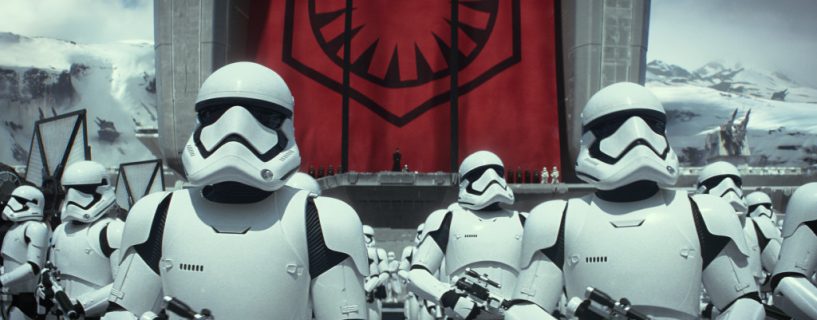“We have been tested, but we have emerged stronger. We move forward as one people: the Imperial citizens of the first Galactic Empire. We will prevail. Ten thousand years of peace begins today.”
-Declaration of New Order, the Galactic Empire
What is so interesting about the The Empire is the various opportunities it offers as a backsetting for writing. First and foremost, Empires are multi-cultural / supra-national entities which while having an overarching sense of domination are often cosmopolitan in nature. In many ways, while we use them as negative entities in many of our stories they are by definition a source of strong cultural exchange and peace. The Mongol Empire was said to be so peaceful that a merchant could travel across the entire nation with gold in his pocket and never see a bandit. However, there is a price to this peace. The Pax Romana meant that all nations under the heel of Rome had to abide Roman standards and be part of the Roman machine.
The Evil Empire
This sense of crushing the independent and removing self-autonomy was a major concern to some. From the outright dislike of the conquering armies the smaller nations they ate in their expansions became the eternal story of the underdog. The finest example of the evil Empire that comes to mind is that of the Galactic Empire in Star Wars. Palpatine’s rule quickly disenfranchises many people and lives are brought to the needs of the Empire. While it gives many people a strong set of rules and does away with corruption from the previous regime, it comes at a high cost.
Another fantasy based Empire are the Seanchan Empire in Wheel of Time. Forces of the Galactic Empire progressively wipe out the Jedi Order and then proceed to plunder the wealth of the Jedi templates. The Seanchan, in turn, enslave an entire group of magic users to be turned into living weapons. In both cases, the “Empire” in question either implements a control of the threat or eliminates it.
The Orderly Empire
Another form of the Empire is one that brings order. In the Imperial Radch, the Empire brought a sense of order while happily crushing independence of others. This, of course, brought issues of its own when the leading intellectuals of the Empire decided to play cover up in the first book. The Radch was far more hegemonic than another Empire such as the “Kingdom” in the Riftwar Saga. A massive Kingdom which unites most of the northern portion of the planet it inhabits, the nation itself is fairly homogenous, and yet has a lot of freedom for its citizens.
Yet again there is the Empire of the High King of Arnor and Gondor. Ruling over vast swathes of land and claiming either fealty or general power unites the Empire. The Kingdom of Hyrule at various points in the Zelda series can be perceived as a unified Empire with each “Tribe” paying semi-fealty or respect the rulers of the Hylian ruling family.
In both cases, the Empire represents the stalwart force of unity in the face of chaos, and the longlasting bringer of peace. The Pax Romana and the Mongol Empire brought much to their peoples. The Mongols got a writing system and the Roman Empire brought the advantages of universal language and learning.

